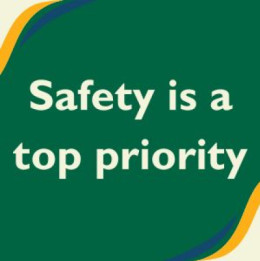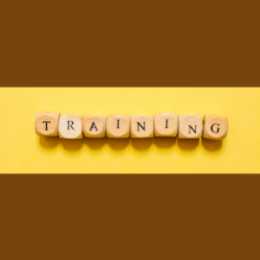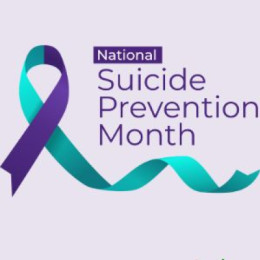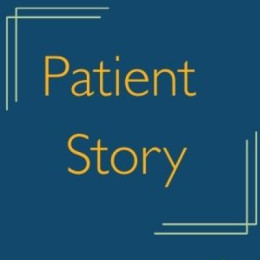Posted On: August 9, 2021 by Community HealthCare System in: Community health news General
By Meranda Schmitz, RN and Cardiac Rehab nurse
Your heart is the most important muscle in your body. Just like any muscle, it can get damaged or worn out. Cardiac Rehab is designed to strengthen and recover your heart so that you may go on to live a happier, healthier life. If you have cardiovascular disease, Cardiac Rehab may be for you. But first, it’s important to understand cardiovascular disease, its risk factors, and how it affects the body.
So what do we mean by “cardiovascular?” The short answer is your heart (cardio) and the blood vessels (vascular). Your heart is the pump that circulates blood throughout your body to bring nutrients and oxygen to all of your organs and to remove waste, and the vessels are the “pipes” through which the blood is delivered and the waste is removed. When there is “disease” in the heart and/or vessels this can disrupt that cycle and can lead to damage.
The following risk factors can lead to heart disease.
- High blood pressure makes it harder to pump the blood the vast distance it needs, causing the heart to strain against narrowing vessels, thus leading to damage of the vessels.
- High cholesterol: Cholesterol is a substance that can get “stuck” to the lining of the vessels when there’s too much of it in the blood. When it gets stuck, it causes vessels to narrow, making it difficult to get blood through. Cholesterol can block vessels completely over time.
- Diabetes: Those with diabetes have excess sugar in the bloodstream that causes damage to the blood vessels. For people with diabetes, heart disease is the most common cause of death.
- Lack of exercise: Just like any muscle, if you don’t work it, the heart gets weaker and loses function. Exercise actually causes the blood vessels to dilate, which increases the blood flow to and from the heart. Exercise also strengthens the pumping ability of the heart.
- Obesity: Increased fat around the organs puts pressure on them, which causes damage. Increased fat also makes the heart work harder to reach the organs.
- Heredity: Unfortunately, some are more prone to heart disease due to genetics. The best thing to do if you have a family history of cardiovascular disease is to prevent worsening levels of disease.
- Smoking: We’ve all heard that smoking is bad for us. Smoking increases your heart rate and tightens (constricts) your arteries, which makes your heart work harder.
- Stress and depression: Chronic stress can lead to high blood pressure due to overeating, smoking, difficulty sleeping, anxiety, etc. This increases your risk for heart disease.
Important note: Clogged or damaged vessels can also lead to stroke. All of the vessels in the body are affected by heart disease. It strains all of your organs, including your kidneys and brain.
Peripheral vascular disease is also a part of cardiovascular disease. This is narrowing of the veins of the arms and legs, and it can lead to fatigue and pain in those limbs, which is called claudication.
At CHCS, we are here to help you improve your heart health. Now that you've learned about risk factors, take a moment to read more about what you can do to boost your heart health.











0 comments